Scientists discover SNPs linked with high risk of sick sinus syndrome
Scientists at deCODE genetics and academic colleagues from Iceland, The Netherlands, Denmark, USA and Illumina, Inc., today report the discovery of single-letter variants (SNPs) in the sequence of the human genome associated with high risk of sick sinus syndrome (SSS). The study is published today in the online edition of Nature Genetics.
The study reports a genetic variant in the gene MYH6 that is associated with high risk of sick sinus syndrome (SSS) in Icelanders. The lifetime risk of being diagnosed with SSS is about 6% for individuals without this genetic variant but is increased by 12.5 times, to approximately 50%, for those that carry the variant. SSS is a heart rhythm disorder that is characterized by an inappropriately slow heart rate. It is commonly seen in the elderly and many with SSS eventually need a permanent pacemaker.
With the aim of searching for sequence variants that predispose to SSS, a genome-wide association study was performed including 792 Icelanders with SSS and 37,592 Icelandic controls. The study utilized SNP data from several sources including Illumina SNP chip genotyping as well as whole-genome sequencing of 7 Icelanders with SSS and 80 Icelanders not diagnosed with SSS.
The whole-genome sequencing data yielded a strong association between SSS and a rare missense mutation in MYH6 that could not be accounted for by any other sequence variation. MYH6 encodes one form of myosin, a major component of the contractile system of the heart, and was recently associated with the function of the conduction system of the heart by studies from deCODE and others. This is the first time that MYH6 is implicated in the development of heart rhythm disorders.
“This work constitutes our first entry into the study of rare variants in common diseases that confer large risk of disease. It is clear that the risk of common diseases in our society is accounted for by both common and rare variants in the sequence of the genome. We here at deCODE and scientists all over the world have over the past few years discovered large numbers of common variants that confer risk of common diseases.
Now we are entering into the era of rare variants that are providing us with clear insights into the pathogenesis of diseases and possibilities of putting together very effective diagnostics” said Kari Stefansson, deCODE’s CEO and senior author of the study.
Source : DeCODE Genetics Inc

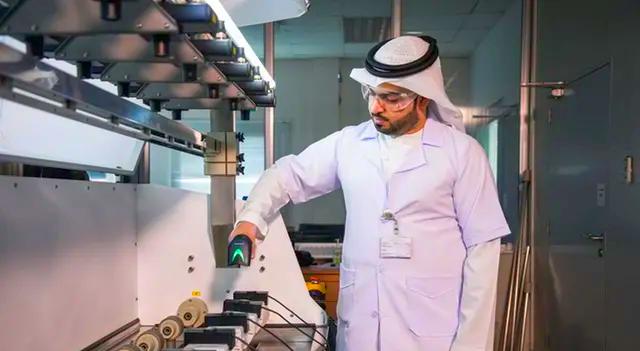
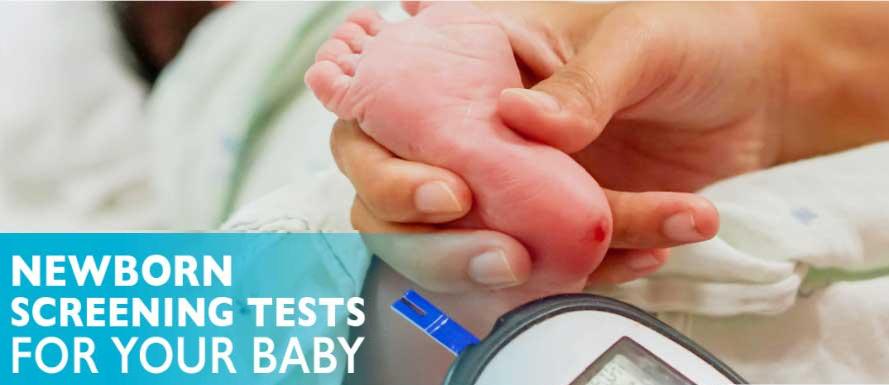

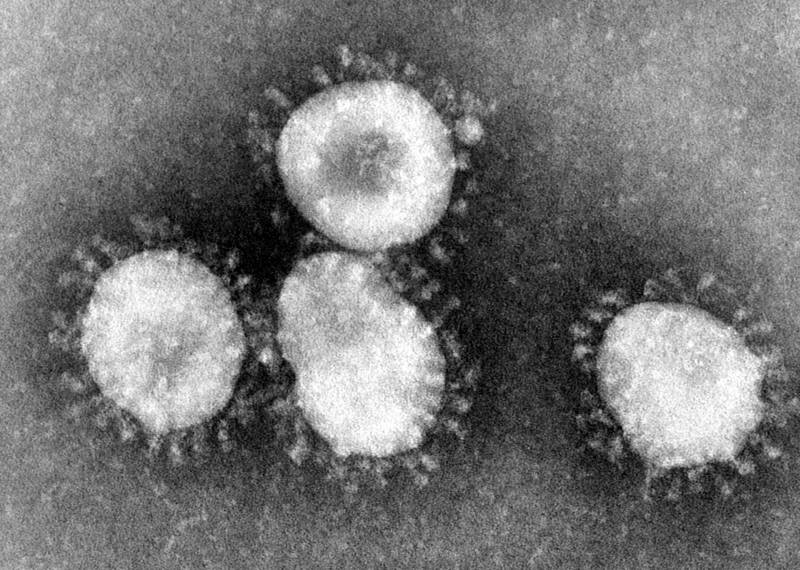

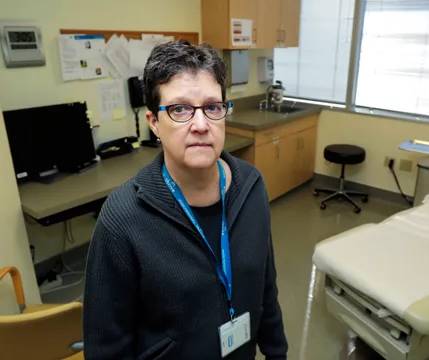

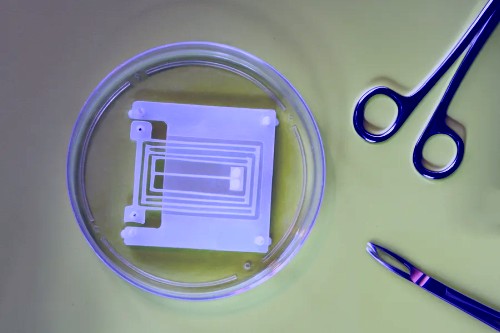
Post Comment
You must be logged in to post a comment.